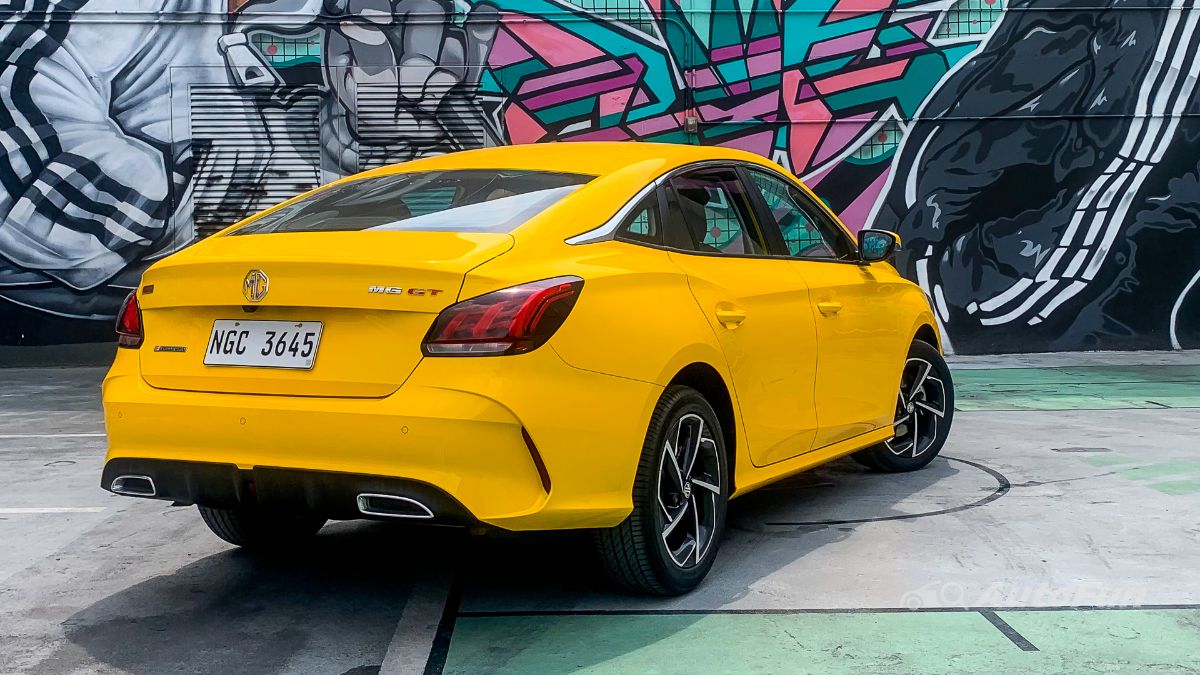SAIC, China’s largest carmaker by sales, has partnered with Indian conglomerate JSW Group to bolster its MG marque’s performance in India, one of the vastest automotive markets in Asia.
JSW will acquire a 35 percent stake in MG India for an undisclosed amount, according to the deal the two inked last week in London, the United Kingdom.
The partnership, which marks JSW’s first foray into the automotive industry, will enable MG to expand operations in the local market.
SAIC President Wang Xiaoqiu said the two partners will work closely to bring in the best of innovations and products to achieve greater success for MG in India.
MG India, which was established by SAIC in 2017, rolled out its first model, the Hector, in 2019.
The company’s sales from January to October this year stood at 52,000 units, up 29.7 percent year-on-year, ranking eighth in the Indian market.
SAIC’s partnership with JSW is one of the latest efforts of Chinese carmakers to expand their global presence.
Also last week, electric vehicle startup Neta’s first overseas factory started operation in Thailand.
The startup said following the commencement of large-scale production in the first quarter of 2024, the plant’s annual production capacity is expected to reach 20,000 vehicles.
“This facility will serve as a key manufacturing hub for Neta’s EVs, particularly the right-hand drive models, catering to the green mobility needs of Thailand and broader markets,” said the startup in a statement.
Since its arrival in Thailand in 2022, the startup delivered more than 12,000 vehicles in the country as of mid-November this year.
In 2024, the startup said it aims to expand its global sales network to cover 50 countries and regions and establish 500 overseas sales service outlets.
Changan announced last week that it is building a new energy vehicle plant in Rayong, Thailand, which will produce 200,000 vehicles a year, with the first vehicle to roll off the assembly line in 2025.
The State-owned carmaker is introducing models under its Deepal, Avatr and Nevo lines into the country. By 2030, it will have 15 NEV models in the Thai market.
Chinese vehicles, especially new energy ones, are gaining in popularity in overseas markets, said the China Association of Automobile Manufacturers.
Statistics from the CAAM show that more than 3.92 million vehicles were shipped overseas in the first 10 months of this year, growing 59.7 percent year-on-year.
Of them, 995,000 were NEVs, doubling the figure in the same period last year.
Source: China Daily








Leave a Comment